Preventing Colic in Horses: A Comprehensive Guide to Keeping Your Horse Healthy
Colic in horses is a term that resonates with deep concern and attentiveness in the hearts of horse owners and caretakers. It’s not just a condition; it’s a serious, often painful abdominal distress that can vary in cause and severity. At its core, colic refers to a range of gastrointestinal disturbances in horses, encompassing everything from a mild stomach ache to a life-threatening twist in the intestines. Its significance in equine health cannot be overstated; colic is one of the leading causes of premature death in horses. The unpredictable nature of colic, coupled with its potential severity, makes it a paramount concern for anyone dedicated to the well-being of these magnificent animals.
In my years around horses, I’ve encountered numerous instances of colic, each leaving a profound impact on how I approach horse care. One particularly poignant experience was with a spirited mare named Whisper. Whisper was the kind of horse that commanded attention with her grace and energy. One evening, during a routine check, I noticed she was uncharacteristically listless and had not touched her feed. Knowing her usual playful demeanor, this was a glaring red flag. As I observed further, it became evident she was experiencing abdominal pain – a classic sign of colic.
We acted swiftly, consulting our veterinarian immediately. Thankfully, with prompt intervention, Whisper’s story had a happy ending. But it served as a powerful reminder of how quickly colic can strike and the importance of being vigilant and prepared. It reinforced to me that preventing colic isn’t just about following a checklist; it’s about understanding and adapting to the unique needs and behaviors of each horse under your care.
In this article, I aim to share with you, fellow horse lovers, the essential tips and strategies to navigate the complexities of colic prevention. It’s a blend of science, experience, and an unyielding commitment to the horses we cherish.

Understanding Colic
To navigate the prevention of colic effectively, it’s crucial to first understand its various forms and the common triggers. Colic, at its essence, is an umbrella term used to describe abdominal pain in horses, but its causes and manifestations can be diverse.
Types of Colic:
- Impaction Colic: This type occurs when a blockage forms in the horse’s intestines, often due to dry, poorly digested feed. This blockage can lead to severe pain and discomfort.
- Gas Colic: As the name suggests, this type is caused by excessive gas buildup in the horse’s gastrointestinal tract. It’s often less severe than impaction but can cause significant discomfort.
- Spasmodic Colic: This type involves spasms of the intestine, causing acute but typically short-lived pain. It’s akin to severe gastrointestinal cramps in humans.
- Sand Colic: Occurs when horses ingest sand with their feed, commonly in sandy grazing environments. This ingestion can cause irritation and blockage in the intestines.
- Twisted Gut (Volvulus): This is a severe form where a portion of the intestine twists on itself, causing a life-threatening situation that requires immediate surgical intervention.
Common Causes: Understanding the types of colic helps in identifying potential causes, many of which are interrelated:
- Diet Changes: Sudden changes in diet can disrupt the delicate balance of the horse’s digestive system, leading to colic. Transitioning feed types or amounts should always be done gradually.
- Inadequate Water Intake: Dehydration can lead to impaction colic, as it makes the digestive contents drier and harder to pass. Ensuring constant access to fresh, clean water is essential.
- Stress: Horses are sensitive creatures, and stress from changes in environment, routine, or even weather can disrupt their digestive system.
- Parasites: Parasitic infections can cause internal damage and inflammation, leading to various types of colic. Regular deworming and fecal checks are critical preventative measures.
- Poor Forage Quality: Feeding low-quality or moldy hay can lead to digestive upset. Always provide high-quality, clean forage to minimize this risk.
- Lack of Regular Exercise: Regular movement is vital for maintaining healthy gut function. Limited movement, such as prolonged stabling, can increase the risk of colic.
In the following sections, we will delve into the specific strategies you can employ to mitigate these risks. The key is to maintain a balanced, attentive approach to every aspect of your horse’s care, from diet and hydration to exercise and stress management.

Key Prevention Strategies
Preventing colic in horses is a multifaceted endeavor that requires a combination of consistent care, observation, and proactive management. The strategies outlined here are essential in reducing the risk of colic and ensuring the overall well-being of your horse.
- Consistent Feeding Routines:
- The importance of regular feeding times cannot be overstated. Horses are creatures of habit, and their digestive systems function best with a consistent feeding schedule.
- A consistent diet is equally important. Sudden changes in the type or amount of feed can disrupt the digestive process, increasing the risk of colic. Any dietary changes should be made gradually over several days.
- Proper Diet Management:
- Forage: High-quality forage should form the bulk of a horse’s diet. It is essential for maintaining gut health and preventing digestive disturbances.
- Grain: While grains can be a valuable part of a horse’s diet, they should be fed in moderation. Excessive grain can ferment rapidly in the gut, leading to gas and potential colic.
- Supplements: Certain supplements can aid in digestive health, but they should be used judiciously and under veterinary guidance.
- Hydration:
- Clean, fresh water must be available at all times. Dehydration is a significant risk factor for impaction colic, as it leads to drier, harder intestinal contents.
- In colder weather, ensure that water sources do not freeze and consider offering lukewarm water to encourage drinking.
- Regular Exercise:
- Regular exercise is not just good for a horse’s physical and mental health; it’s crucial for their digestive health. Movement aids in the smooth passage of food through the intestines.
- Even during times when riding isn’t possible, ensure that your horse has ample opportunity to move around, whether in a paddock, field, or a walking exercise regimen.
- Dental Care:
- Regular dental check-ups are vital. Dental issues can lead to improper chewing of food, which impacts digestion and increases the risk of colic.
- Your veterinarian should perform dental exams at least once a year to identify and address any issues that could affect feeding and digestion.
Implementing these strategies is a proactive step toward safeguarding your horse from colic. It’s about creating a stable, healthy environment that caters to their physical and psychological needs. Remember, a happy horse is often a healthy horse, and these preventive measures contribute significantly to their overall happiness and wellbeing.

Recognizing Early Signs of Colic
Early detection of colic can make a significant difference in the outcome for your horse. Being familiar with the early signs of colic and understanding your horse’s normal behavior are key factors in prompt and effective intervention. Here are some common early symptoms of colic to watch for:
- Restlessness and Agitation: A horse experiencing colic may seem unusually restless, unable to stand still, or continuously shifting their weight.
- Lack of Appetite: A noticeable disinterest in food, which is unusual for most horses, can be an early sign of digestive discomfort.
- Frequent Attempts to Lie Down: A horse with colic might repeatedly try to lie down and get up, indicating discomfort.
- Looking at Their Flank: The horse may frequently turn their head to look at their flank. This is often a clear sign of abdominal pain.
- Pawing at the Ground: Pawing can be a sign of trying to relieve discomfort or pain.
- Lack of Normal Gut Sounds: Using a stethoscope or simply listening closely, a decrease or absence of normal gut sounds can indicate a problem.
- Increased Heart Rate: A heart rate that’s consistently over 40 beats per minute can indicate pain or distress, including colic.
- Sweating: Unexplained sweating, especially in the absence of exercise, is a common stress response in a horse experiencing pain.
Understanding your horse’s normal behavior and daily routines is crucial in identifying these early signs. Each horse is an individual, and their expressions of discomfort can vary. Being attuned to their typical behavior, eating habits, and energy levels will help you notice when something is amiss.
Regular interaction and observation play a critical role in this awareness. Spending time with your horse daily, not just during feeding or riding, allows you to understand their norms and quickly recognize any deviations. Remember, you know your horse better than anyone else – trust your instincts if you feel that something is off.
Prompt action upon noticing any of these signs can make a significant difference in the management and resolution of colic. If in doubt, it’s always best to consult your veterinarian immediately. Early veterinary intervention can often prevent a mild case of colic from escalating into a more serious condition.

The Role of Regular Veterinary Care
Regular veterinary care is an indispensable component of maintaining your horse’s health and a critical factor in preventing colic. Routine check-ups and proactive management of health issues can significantly reduce the risk of colic. Let’s delve into how regular veterinary involvement plays a vital role.
- Regular Health Check-ups:
- Scheduling routine veterinary visits is essential for early detection of potential health issues that could lead to colic. These check-ups often include a thorough physical examination, dental evaluation, and sometimes blood work.
- Veterinarians can spot subtle signs of health problems that might not be obvious to even the most experienced horse owners. They can provide valuable guidance on diet, exercise, and general care tailored to your horse’s specific needs.
- These visits also offer an opportunity to discuss any concerns you might have about your horse’s health or behavior, potentially catching early signs of conditions that could lead to colic.
- Deworming and Parasite Control:
- A comprehensive deworming program is vital for colic prevention. Parasites can cause significant damage to a horse’s intestinal tract, leading to impaction, inflammation, or other forms of colic.
- Regular fecal exams and targeted deworming, based on the specific needs of your horse and the parasite load in your area, are crucial. Over-deworming can lead to resistance, while under-deworming leaves your horse vulnerable to parasite infestation.
- Your veterinarian can develop a deworming schedule that is tailored to your horse, considering factors such as age, health status, exposure risk, and the local parasite prevalence.
The role of regular veterinary care in preventing colic cannot be overstated. It ensures that your horse receives a health regime tailored to their individual needs, significantly reducing the risk of colic. Always remember, preventive care is always more effective and less costly than treating a problem once it has arisen. Establishing a strong partnership with your veterinarian is key to keeping your horse healthy and colic-free.
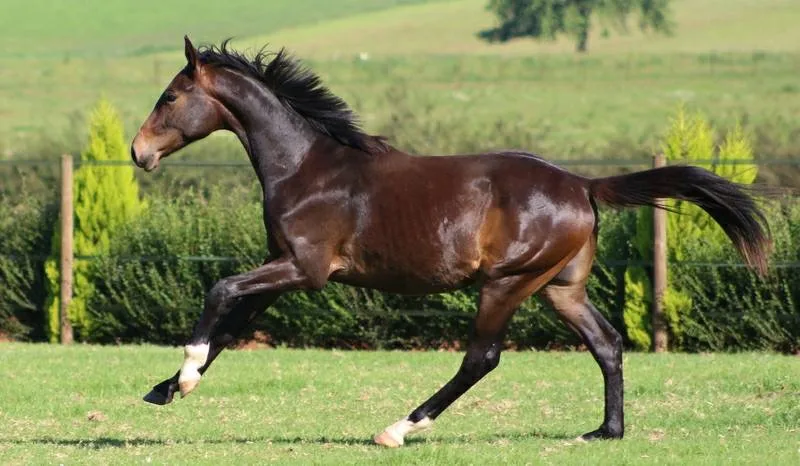
Management and Environment
Creating a safe and healthy living environment is crucial in preventing colic in horses. Both stable management and pasture management play pivotal roles in ensuring the well-being of your equine companions. Let’s explore how effective management of these areas can contribute to colic prevention.
- Stable Management:
- Cleanliness: A clean stable is fundamental. Regular removal of manure and soiled bedding minimizes the risk of intestinal parasites, which can lead to colic. Ensure that stabling areas are well-ventilated and free from dust and mold, which can affect respiratory health and indirectly impact digestion.
- Feeding Arrangements: Ensure that feeding troughs and water sources are clean and free of contamination. Elevated feeders can prevent ingestion of sand or dirt, which might lead to sand colic.
- Regular Monitoring: A well-managed stable environment includes consistent observation of each horse’s eating and drinking habits, as changes in these can be early indicators of colic.
- Pasture Management:
- Safe Grazing: Pastures should be regularly maintained to provide safe, nutritious grazing. Overgrazed fields can lead to the ingestion of sand or dirt, and undergrazed pastures may not provide sufficient forage, pushing horses to eat potentially harmful plants or materials.
- Fencing and Grounds: Regularly inspect and maintain fencing and grounds to prevent injuries. Eliminate any hazardous materials or plants that horses might ingest.
- Rotation: Rotating pastures helps in maintaining the quality of the grazing land and reduces the worm burden in the soil, which can contribute to a lower risk of internal parasites.
Both stable and pasture management require ongoing attention and adaptation to the changing needs of your horses and the environment. A well-managed environment not only contributes to the prevention of colic but also enhances the overall quality of life for your horses. It’s about creating a harmonious balance between their natural instincts and the necessities of domestic care. With diligent management, we can provide our horses with a healthy and happy home, minimizing the risk of colic and other health issues.

Case Studies and Success Stories
Over the years, various preventive measures have proven effective in averting colic in horses. These success stories not only underscore the importance of proactive care but also serve as powerful learning tools. Here are a few cases where diligent management and keen observation made all the difference:
- The Story of Ranger: Ranger, a robust gelding, had a history of mild colic episodes. We implemented a strict feeding schedule, ensuring he received consistent, small meals throughout the day. We also switched to a high-quality forage diet, reducing grain intake. Along with regular veterinary check-ups and a tailored deworming program, these changes led to a noticeable improvement in Ranger’s health. He hasn’t had a colic episode in over two years, a testament to the power of consistent feeding routines and diet management.
- Bella’s Turnaround: Bella, a sassy mare, often showed signs of restlessness, a potential indicator of colic. We recognized the importance of hydration, especially during the hot summer months, and ensured Bella always had access to clean water and made sure to add an electrolyte supplement to encourage drinking. We also made sure we added regular exercise into her routine, even on days off from riding, to maintain her digestive health. These simple, yet effective changes significantly reduced Bella’s restlessness and her risk of colic.
- Midnight’s Dental Discovery: Midnight, an older horse, started showing unexplained signs of discomfort and colic-like symptoms. A thorough veterinary examination, including a dental check, revealed significant dental issues that affected his ability to chew properly. After receiving the necessary dental care, and with adjustments made to his diet (like soaked hay cubes to ease chewing), Midnight’s health improved remarkably. This case highlights the often-overlooked connection between dental health and colic.
These stories showcase the diversity of strategies and attentiveness required to prevent colic. Each horse is unique, and what works for one may not work for another. However, the common thread in all these cases is the commitment to understanding and addressing the individual needs of each horse. By adopting a comprehensive approach to care, we can significantly reduce the risk of colic and ensure our horses lead happy, healthy lives.

Conclusion
Navigating the prevention of colic in horses requires a multifaceted approach that combines knowledge, vigilance, and a deep commitment to the well-being of our equine companions. As we’ve explored in this article, understanding the types and causes of colic is the first step. Implementing key prevention strategies such as consistent feeding routines, proper diet management, ensuring hydration, regular exercise, and thorough dental care forms the core of proactive colic prevention.
Regular veterinary check-ups and effective deworming and parasite control are critical components of this preventive approach. Moreover, creating a safe and nurturing environment through diligent stable and pasture management can significantly reduce the risk of colic. The success stories we’ve shared underscore the importance of individualized care and the positive impact of our preventive measures.
As horse owners and caretakers, we hold the joyous yet serious responsibility of providing for these magnificent creatures. It’s a role that demands our utmost attention, care, and love. The bond we share with our horses is unique and deeply rewarding, and with this bond comes the duty to ensure their health and happiness. By being proactive and attentive in our care, we not only prevent the distress and discomfort of colic but also enrich the lives of our horses.
Remember, each horse is an individual with unique needs and behaviors. Staying attuned to these and responding with appropriate care will not only prevent health issues like colic but will also deepen the bond you share with your horse. The journey of horse ownership is filled with learning, challenges, and immense gratification. Let’s embrace this journey with the knowledge and commitment to keep our horses healthy, happy, and colic-free.
Read here to find out What to do if your horse has colic
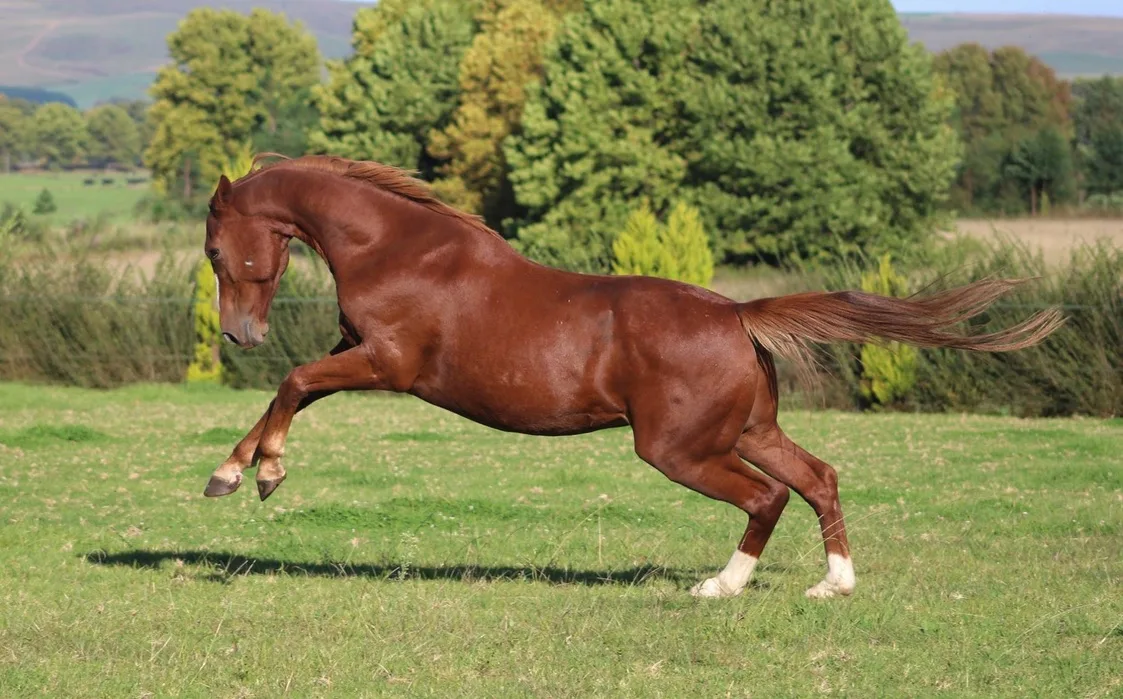
Additional Resources
For those who wish to delve deeper into the world of equine health and specifically in the prevention and management of colic, the following resources offer a wealth of information:
- The Horse: Your Guide to Equine Health Care: A comprehensive resource offering a wide range of articles, studies, and expert advice on horse health, including colic prevention. Visit their website
- American Association of Equine Practitioners (AAEP): The AAEP provides extensive educational materials and guidelines on horse health, including detailed insights into colic. Their resources are invaluable for horse owners seeking expert advice. Explore AAEP resources
- Equine Research Foundation: Focused on advancing the understanding of horse behavior and health, the Equine Research Foundation offers a variety of resources that can be beneficial for understanding factors leading to colic. Learn more from their research
- Equus Magazine: Known for its informative articles, Equus Magazine is a great source for articles and tips on horse health care, including the prevention and management of colic. Browse Equus Magazine
- Veterinary Colleges and Universities: Many veterinary colleges, such as the Cornell University College of Veterinary Medicine, offer online resources and publications on equine health, including colic prevention strategies. Visit Cornell’s Equine Health Program
- Books on Equine Health: There are numerous books written by veterinarians and equine health experts that provide in-depth knowledge on horse health and management. Titles such as “Horse Health and Nutrition For Dummies” by Audrey Pavia and Kate Gentry-Running offer practical advice and can be a valuable addition to your library.
- Online Forums and Communities: Engaging with online horse owner communities can be a great way to share experiences and learn from others. Platforms like HorseForum.com and ChronofHorse.com host discussions on a myriad of equine health topics, including colic.
Remember, while these resources are valuable for gaining knowledge and insight, they should not replace professional veterinary advice. Always consult your veterinarian for health decisions and when implementing new care strategies for your horse.
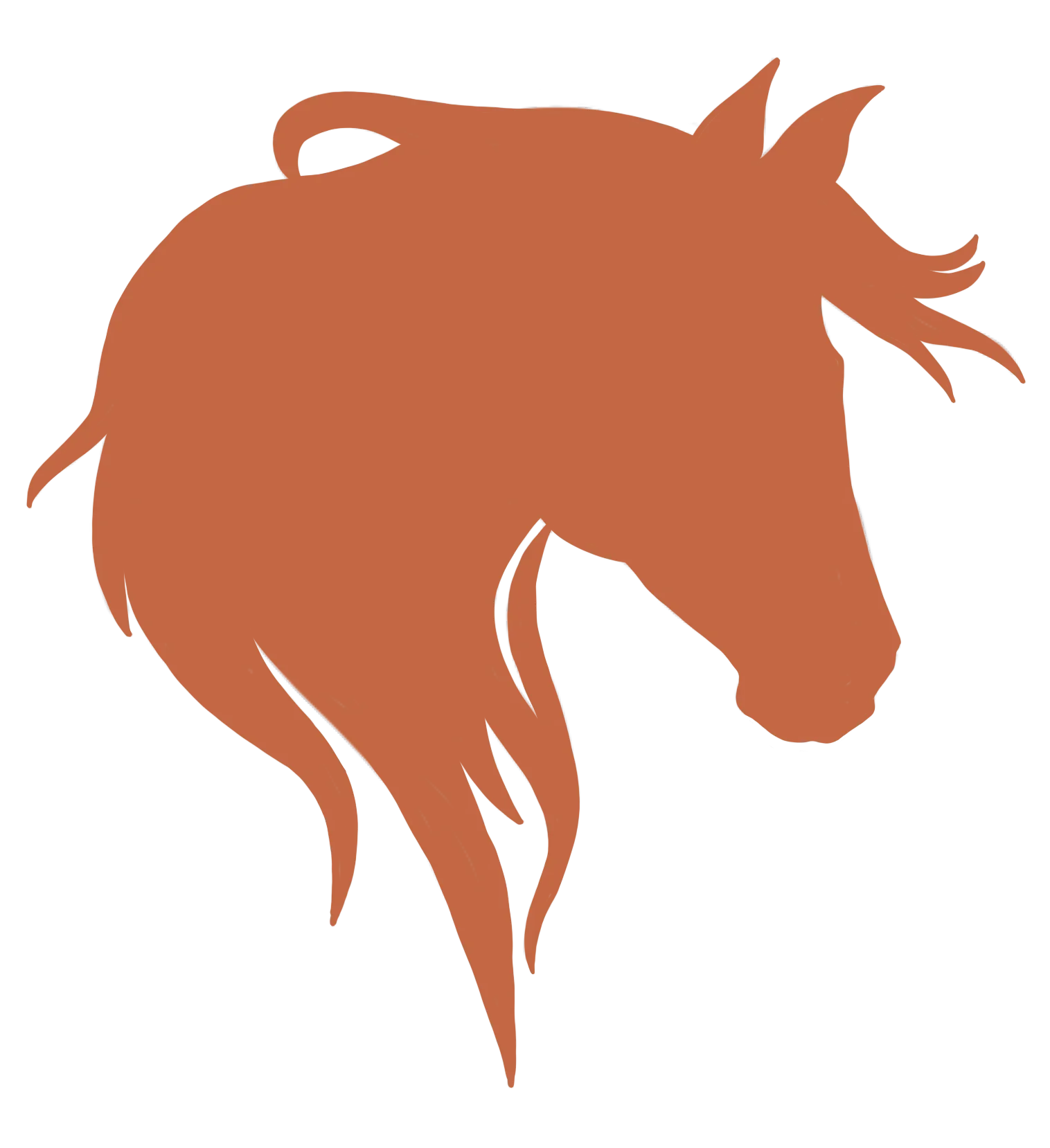
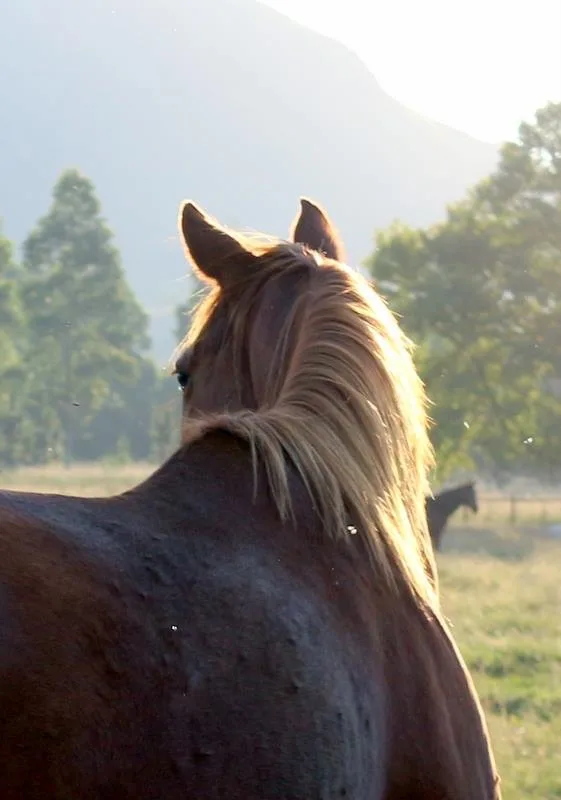

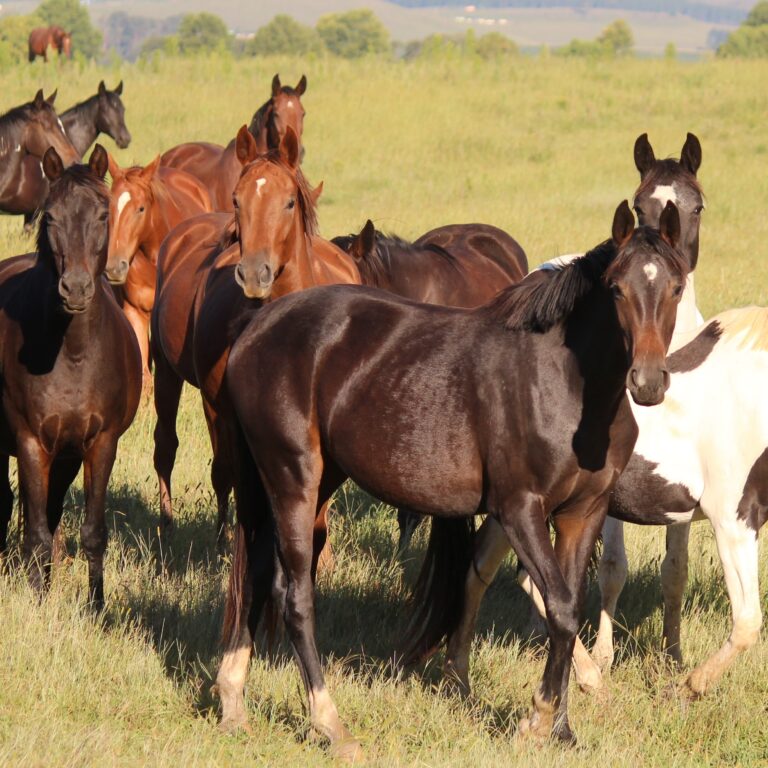
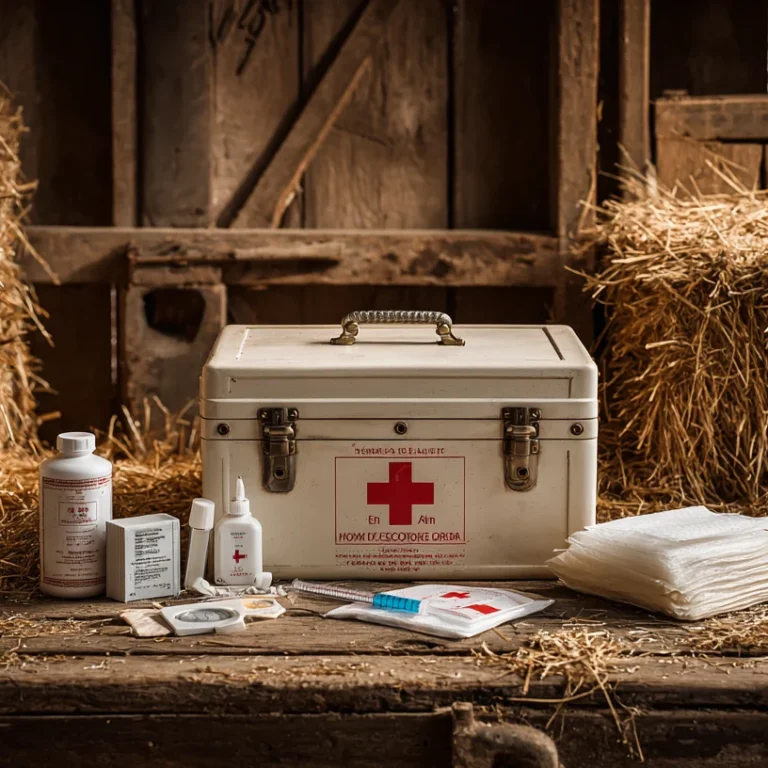
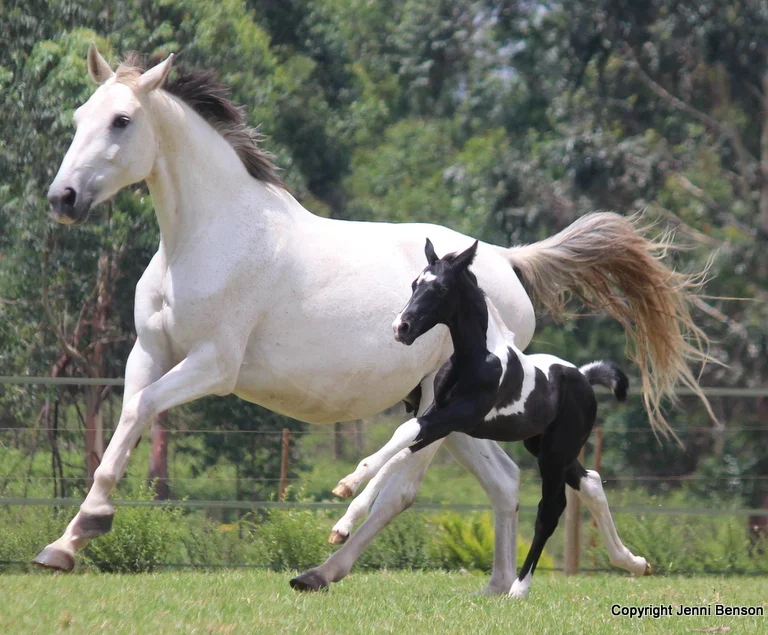
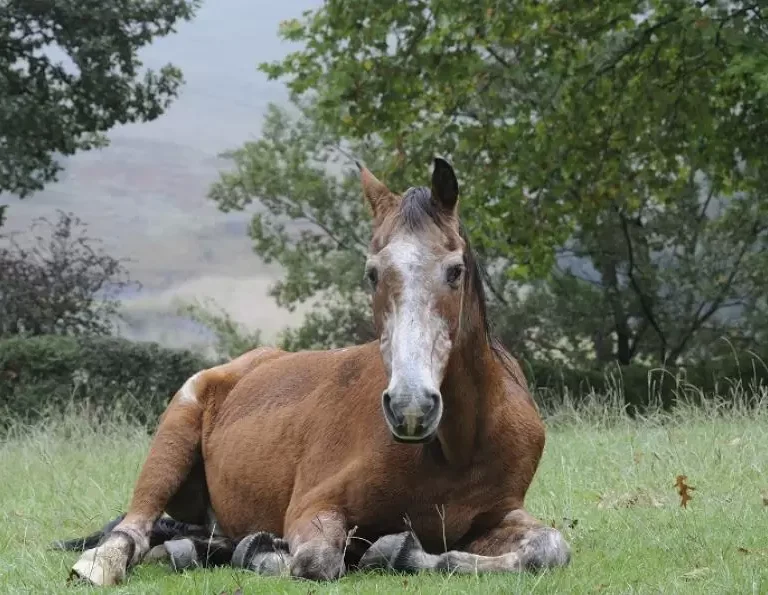
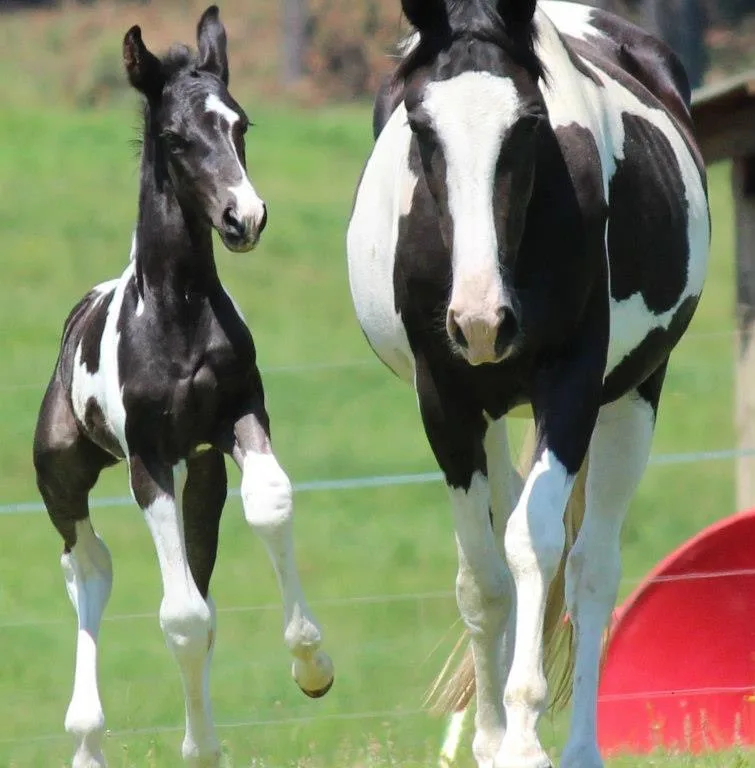
5 Comments